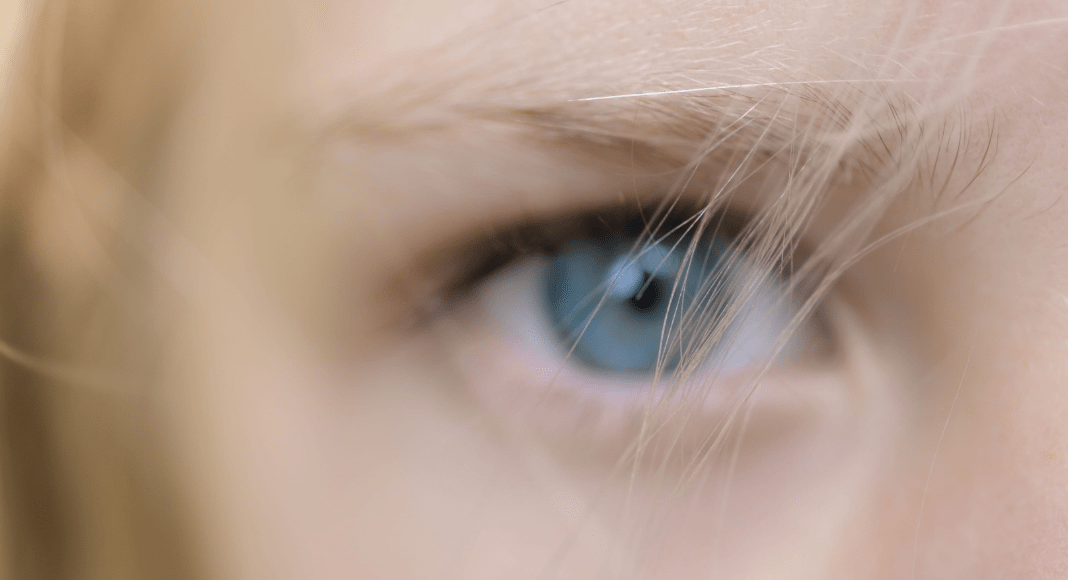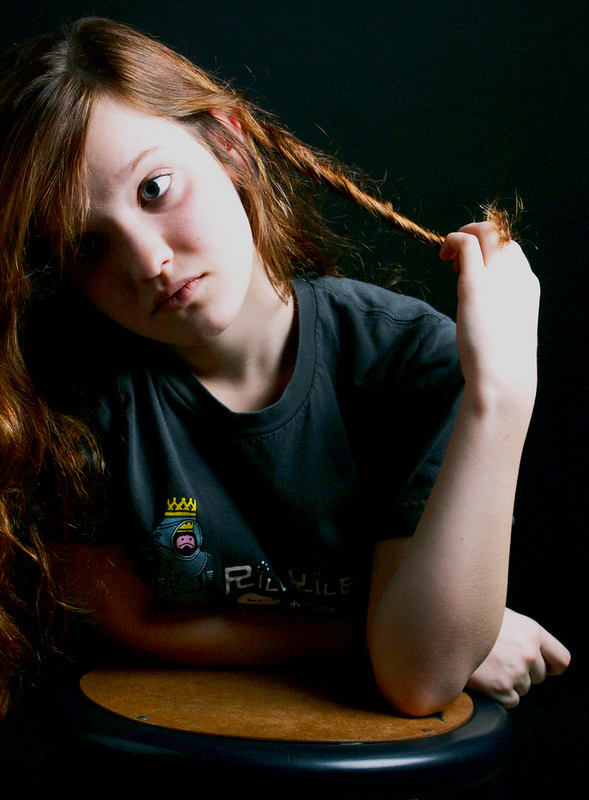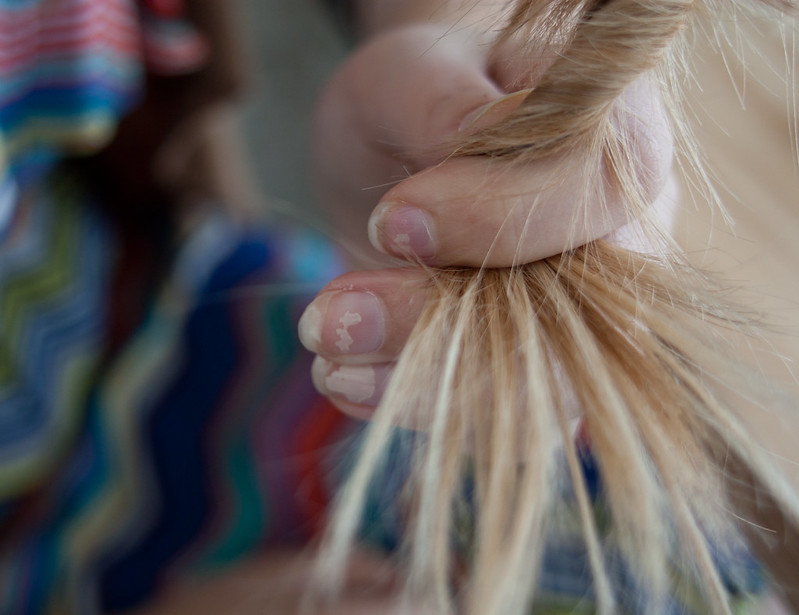 Tricho-what?
Tricho-what?
I know. Two years ago, I had never heard that word. I still have to look up how exactly to spell it.
In simpler language, trichotillomania is compulsive hair pulling. Like nail biting, skin picking, and others, hair pulling is a Body-Focused Repetitive Behavior (BFRB). It is not self-harm, like cutting. It is, however, very difficult to stop once starting.
Let me go ahead and say I am not a medical professional; I’m just a mom, so please don’t read anything here as medical advice. Consult with your doctor and mental health professionals as needed.
While some deal with trich even in the baby years, for those who don’t, it often seems to develop in puberty. Although it’s not specifically attached to OCD or other mental health conditions, in my experience, many kids with trich also are diagnosed with an anxiety disorder.
This was the case with my child. Not only were they going through puberty, we were also suddenly struck with an enormous life change: the beginning of the pandemic. For someone who thrives on schedule and being busy, the pandemic was absolutely devastating for my child, who has always struggled with anxiety. Now they had a laundry list a mile long of worries to add to all the ones they already had.
A few months into quarantine, I noticed that my preteen was missing quite a few eyelashes on one eye. They claimed they were falling out in clumps. I called the doctor and conferred, and he even asked, “Is [name] pulling out the lashes?” I insisted no, given the information my child had told me. He said it wasn’t a big deal and they would grow back.
Fast-forward a month or two, and my child had almost no eyelashes on either eye. Finally they came clean and confessed to pulling them out and even admitted they had pulled out a younger sibling’s lashes occasionally. It was heartbreaking for all of us as we faced this completely new issue on top of the anxiety.

For a long time, I felt like I was somehow failing as a mom for this to happen. I thought I could stop my child from pulling if I tried hard enough. I attempted to confide in my friends, but found that it’s very difficult for someone else to get it unless they’ve been through it. Almost a year into our journey with trich, I went to counseling myself, mostly to talk openly about my relationship with this child and how to parent them.
In their first year of struggling with trichotillomania, my child pulled out almost all of their eyelashes, eyebrows, and hair on the crown of their head. They dealt with questions at school, even some mocking and bullying. This, in the first year of middle school during a pandemic.
It was not my favorite time as a parent.
If you face this, you’ll ask yourself why they can’t just stop.
As someone who bit her nails for 30+ years, though, I think I know why. When I see a jagged cuticle, I can’t stop myself from picking it, even though I know it could get infected and will almost definitely be more painful. From most of these BFRBs, a small amount of serotonin is released into the brain when the action takes place. It’s a sense of relief — your brain nags you relentlessly to just DO THE THING, and when you do, you are rewarded with happy chemicals.

So what if your child is showing signs or confesses to having trichotillomania?
- During our hardest times, this video was the most helpful resource I encountered. It is an interview with a young woman and her mom and truly helped me understand a lot.
- One thing the video stresses was not to tell the child to stop pulling. It feels like you are angry (and you might be). Unless the child wants you to do so, don’t try to intervene, especially by restraining them physically or slapping their hand away.
- Get counseling for your child and yourself. Lowering anxiety or depression can help with the pulling. We also see a psychiatrist. Certain prescription medicines and OTC supplements can have an effect on the urge to pull.
- Join a group…or not. I have found some Facebook groups for parents of children with BFRBs to be helpful and some to be just scary of what could happen in the future. The TLC Foundation even has a conference for kids with BFRBs and their parents.
- Let your child choose when they want to share. My child has been able to tell a few friends and became more comfortable sharing in general, but it is their right to decide who knows, other than in medical issues.
- Know — and let you child know — that trich is way more common than it seems. I’ve seen numbers that estimate 2-5% of people have trichotillomania. My child has encountered quite a few people just in Chattanooga in their everyday interactions. Most people feel like this is something to hide and it is shameful, but truly it is simply like any other medical diagnosis. It is just more obvious than most.
- Our best tools to deal with the urge to pull have been fidget toys and just the ability for our child to come to Mom or Dad and tell us the urge is overwhelming. Often if they can just be distracted for a while, the urge will pass.





















